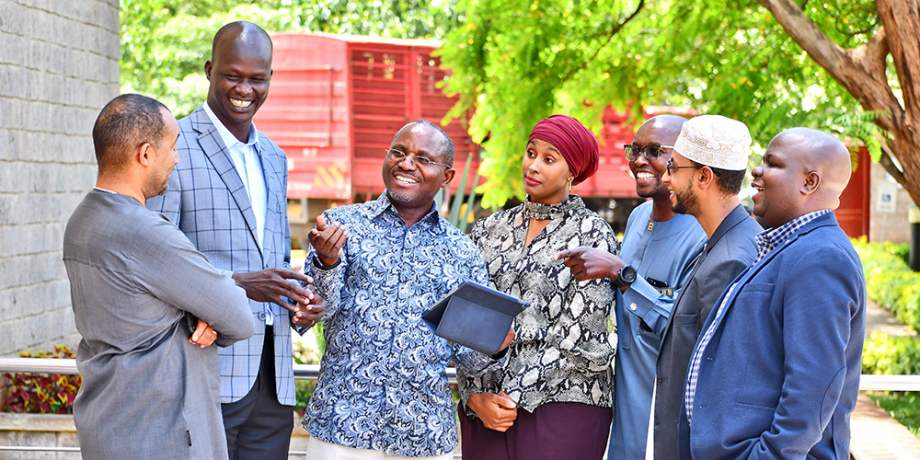Introduction To Draft National Policy on Family Promotion & Protection December 2019
Executive Summary
The Constitution of Kenya Chapter 4, Article 45 recognizes the family as the natural and fundamental unit of the society and the necessary basis of social order and should therefore enjoy the recognition and protection of the State.
Along with the economy, governance and education, the family is universally viewed as one of the foundation of civil order without which no society can function. As the setting for demographic reproduction, the seat of the first integration of individuals into social life, and the source of emotional, material and instrumental support for its members, the family influences the way society is structured, organised, and functions.
It is essentially through the family that each generation is replaced by the next; that children are born, socialized and cared for until they attain their independence; and that each generation fulfils its care responsibilities to minors, older persons, the sick and other vulnerable members.
This Policy intends to realize the vision of “happy and stable families for a strong society” with the associated positive outcomes. These include higher levels of self-esteem; lower levels of antisocial behaviour such as crime, violence and substance abuse; higher levels of work productivity; lower levels of stress; and more self-efficacy to deal with socioeconomic hardships.
To this end, it is envisioned that happy and stable families will demonstrate high levels of social capital and resilience, and contribute to the smooth functioning of society and, hence, to social cohesion. The overall goal of this Policy is to provide an environment that recognizes and facilitates family well-being, and empowers families to participate in the socio-economic development of the country.
The specific objectives of the Policy are to:
- Enhance the caring, nurturing and supporting capabilities of families so that their members are able to contribute effectively to the overall development of the country;
- Develop the capacities of families to establish social interactions that contribute towards promoting a sense of community, cohesion and national solidarity;
- Empower families and their members by enabling them to identify, negotiate and maximize socio-economic and other opportunities available in the country for sustainable development;
- Enhance programs that support families with persons with disabilities and other vulnerable family members to participate in every sphere of society;
- Monitor and evaluate the State of the Family periodically through research;
- Mainstream interventions that promote and protect the family in all
policies, strategies, programmes and projects. - To promote intergenerational transfer of societal knowledge, norms, taboos etc

More on the Executive Summary
The Policy is based on key guiding principles which include: stable marriage, responsible parenting, family diversity, family resilience, community participation, human rights and partnerships.
The National Family Promotion and Protection Policy identifies challenges affecting the family and undertakes to address them by providing guidelines on what the Government in collaboration with stakeholders will do to realize the policy goal.
The implementation of the Policy will involve a multi-sectoral approach. The Ministry responsible for Family which is currently the Ministry of Labour and Social Protection will play a coordination role. Other key players include line Ministries, Departments and Agencies, County Governments, Civil Society Organizations, Private Sector, Faith-based Organizations and Development Partners.
The Ministry recognizes the importance of Monitoring, Evaluation and Reporting in the achievement of the Policy’s intended results. Progressive monitoring will be carried out based on the expected outputs and measurable indicators set out in the implementation matrix (Annex I).
Developing Great African Leaders
For any enquiries, write to pfd@strathmore.edu or crowf@strathmore.edu.







